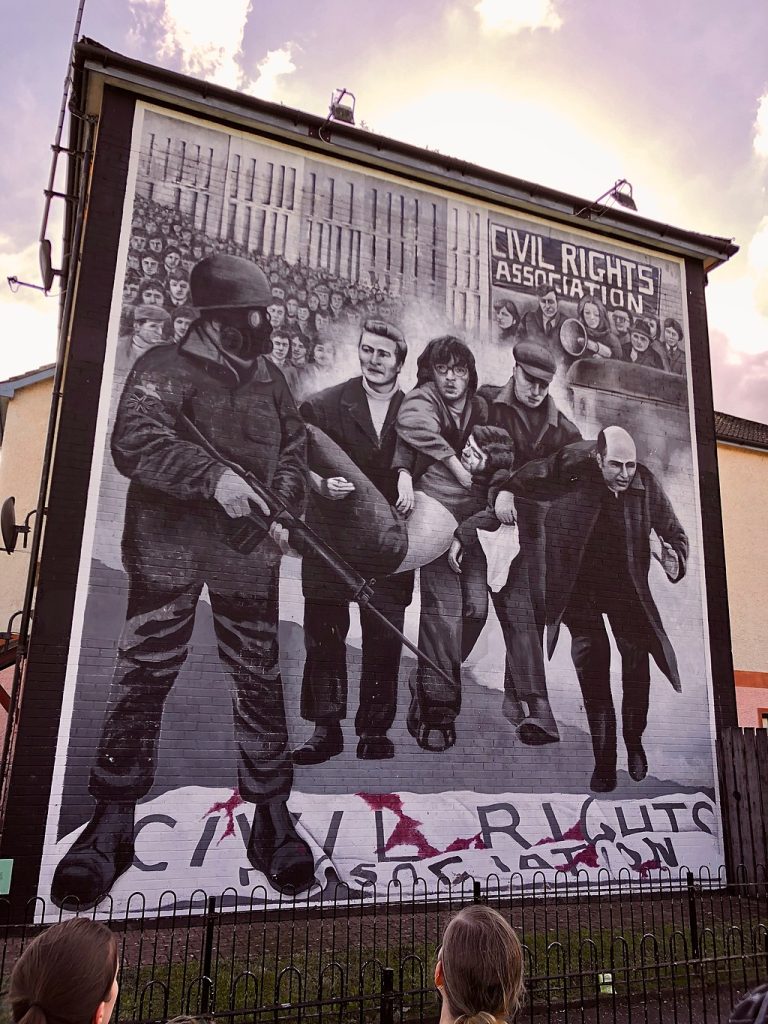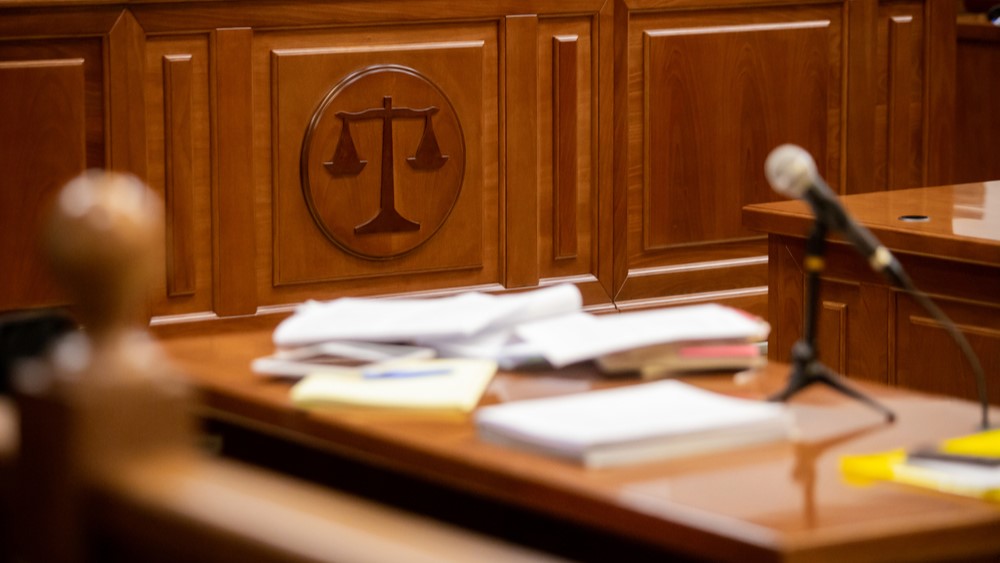Half a Century On, Trial Opens for Bloody Sunday Soldier
Others are reading now
History often feels distant, locked away in old books and documentaries. But sometimes it comes back to life in a courtroom.
This week, one of the darkest days in Northern Ireland’s troubled past returned to the center of attention, more than fifty years after it happened.
“Bloody Sunday”

On Monday, the trial began for the only British soldier charged in connection with the events of “Bloody Sunday”, according to Reuters.
That day in 1972, British troops opened fire on unarmed civilians during a civil rights protest in Londonderry.
Thirteen people were killed. Another man later died of his wounds. The soldier, known only as Private F, is accused of killing two men and attempting to kill five others.
Also read
The History

The shootings were the worst single incident in three decades of violence in Northern Ireland. Nationalists wanted to unite with Ireland.
Unionists wanted to stay in the United Kingdom. British forces were caught in the middle.
A peace agreement signed in 1998 ended most of the bloodshed, but the memory of Bloody Sunday never faded.
Pleaded “Not Guilty”

Prosecutors told Belfast Crown Court that the case focuses on seven civilians who were shot as they tried to run through a courtyard.
They said the firing was “unnecessary and gratuitous” and was carried out with intent to kill.
Also read
Private F has pleaded not guilty. He sat in the dock surrounded by black screens while a microphone hung from the ceiling above him.
“Unjustifiable”

Before the trial opened, families of the victims marched to the courthouse. They carried photographs of their loved ones and held a banner that read “towards justice.”
The British government apologized in 2010 after an inquiry found the victims were innocent and posed no threat. Officials described the killings as “unjustified and unjustifiable.”
Not Enough Evidence?

Private F was first charged in 2019. At that time, prosecutors decided there was not enough evidence to proceed against 16 other soldiers.
The case against him nearly collapsed as well, because of concerns over whether key evidence would be admissible.
Also read
A High Court ruling in 2022 revived the trial after appeals from the victims’ families.
For many, this trial is not only about one soldier. It is about truth, memory, and whether justice can still be found after half a century.

